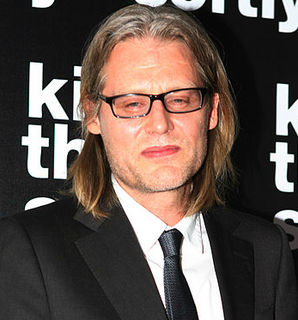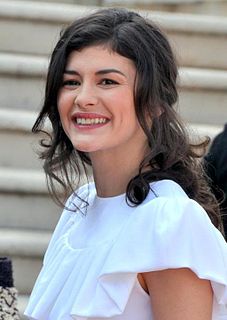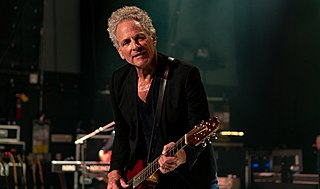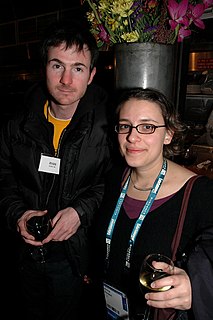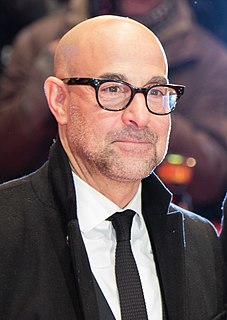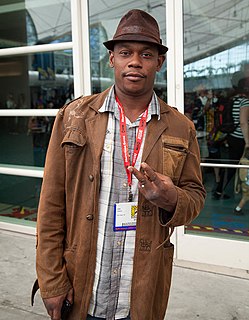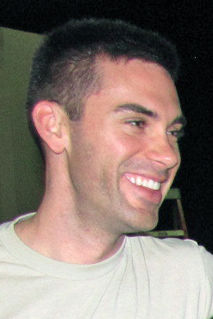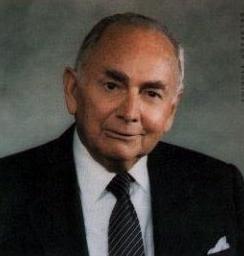A Quote by Michel Gondry
I don't call cut between the takes - it's my way to help the actor keep focused. As soon as you say 'cut' you have 10 people jumping on them and everybody's trying to do a great job, and they do, but sometimes they forget that the more important thing is the performance, creating the performance.
Related Quotes
You can say something that can really help and actor and you can say something that can really get in the way of an actor's performance, kind of cut them off from their instincts and really get into their heads. And every actor's different. Every actor requires something different. Being an actor, for me, was the greatest training to be a writer and director.
Motion capture is exactly what it says: it's physical moves, whereas performance capture is the entire performance - including your facial performance. If you're doing, say, martial arts for a video game, that is motion capture. This is basically another way of recording an actor's performance: audio, facial and physical.
I like to think in camera, but at the last minute the most important thing is that there is something happening between the actors. But good actors can have a lot of scenes going around them but sometimes it sort of helps the performance because it takes their mind off of who they are supposed to be.
Once committed to fight, cut. Everything else is secondary. Cut. That is your duty, your purpose, your hunger. There is no rule more important, no commitment that overrides that one. Cut. Cut from the void, not from bewilderment. Cut the enemy as quickly and directly as possible. Cut decisively, resolutely. Cut into the enemy’s strength. Flow through the gaps in his guard. Cut him. Cut him down utterly. Don’t allow him a breath. Crush him. Cut him without mercy to the depths of his spirit." -Richard Rahl
I was cocky and arrogant when I was younger. I thought that if I delivered a good performance, and put my best foot forward, that would be enough to get people's attention. So in my naivety, I cut my legs off at the knees, because I didn't realize that oftentimes it doesn't matter about the performance... it's the media that creates stars.




